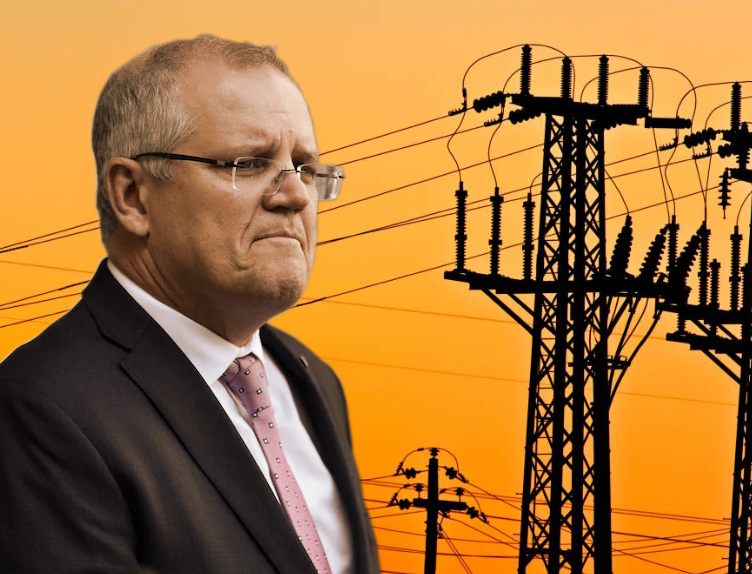Fuel plan to promote EVs
 The Morrison Government has made a bold u-turn in its stance on electric vehicles (EVs).
The Morrison Government has made a bold u-turn in its stance on electric vehicles (EVs).
Prime Minister Scott Morrison says the government’s electric vehicle strategy is a key plank of its target for net-zero emissions by 2050.
He this week announced the new Future Fuels strategy, which includes $250 million in funding for EV charging stations in cities and towns, and support for public and private agencies in their transition to electric fleets. It also includes an aspiration for 30 per cent of new car sales to be EVs by 2030.
It is a big change from the Prime Minister’s stated position on EVs in the lead-up to the 2019 federal election.
Back then, he attacked his Labor opposition over its EV policy, accusing the party of wanting to “end the weekend” by heavily incentivising uptake.
On conservative radio station 2GB in 2019, Mr Morrison asked: “What about all these charging stations, how much is that going to cost? I mean if you have an electric car and you live in an apartment, are you going to run the extension cord down from your fourth floor window?”
He also said that “[then-opposition leader] Bill Shorten wants to end the weekend when it comes to his policy on electric vehicles where you’ve got Australians who love being out there in their four-wheel drives”.
Mr Morrison further claimed that an electric vehicle “won’t tow your trailer. It’s not going to tow your boat. It’s not going to get you out to your favourite camping spot with your family.”
He may not have been aware that one of the major advantages of an electric engine is the ability to have the full torque output of the engine available at any speed, making them ideal for towing and similar activities, if designed for this purpose.
LNP Senator Michaelia Cash said in 2019 that by rejecting Labor’s then-policy on electric vehicles, the government is “going to stand by our tradies… and we are going to save their utes”.
This week, Mr Morrison appears to have changed his tune, though he still characterises the ALP’s EV policy as somehow forcing people to buy EVs.
“We will not be forcing Australians out of the car they want to drive or penalising those who can least afford it through bans or taxes,” he said.
“The strategy will work to drive down the cost of low- and zero-emission vehicles, and enhance consumer choice.
“We will do this by creating the right environment for industry co-investment in technology development.”







 Print
Print